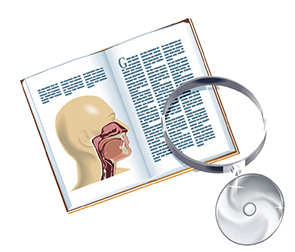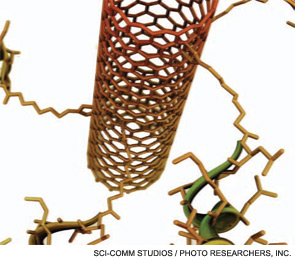A look at the periprocedural management of anticoagulation and antiplatelet medications, including aspirin, warfarin, and clopidogrel.


A look at the periprocedural management of anticoagulation and antiplatelet medications, including aspirin, warfarin, and clopidogrel.

Ampicillin/sulbactam is the preferred perioperative prophylactic antibiotic in major head and neck surgery.

How do surgeons decide which elderly patients are going to respond well to surgery?

Guided therapeutics in head and neck surgery, upper airway stimulation for sleep apnea, and personalized therapy for sinusitis highlighted at the Triological Society’s Combined Sections Meeting in Miami Beach, Fla. in January

Antibiotic prophylaxis is effective when used in clean-contaminated oncologic surgery, but shouldn’t be used beyond 24 hours postoperatively
Making a successful transition to office-based inferior turbinate hypertrophy (ITH) surgery depends on proper coding and other financial concerns. But a more basic question first needs to be considered before breaking out the calculator: What is the optimal technique for performing the surgery?
How common are synechiae in chronic rhinosinusitis (CRS) patients who have endoscopic sinus surgery (ESS)?
Can risk factors for oxygen desaturation be predictors for post-operative apneic death in pediatric obstructive sleep apnea (OSA) patients?
What are the most important lessons that can be learned for clinical application from head and neck trauma treatment in a war zone?

The biggest gains in the future for surgical and therapeutic treatments of head and neck cancer will likely include the use of imaging techniques, radio-enhancers and drug delivery vehicles that are really, really small.